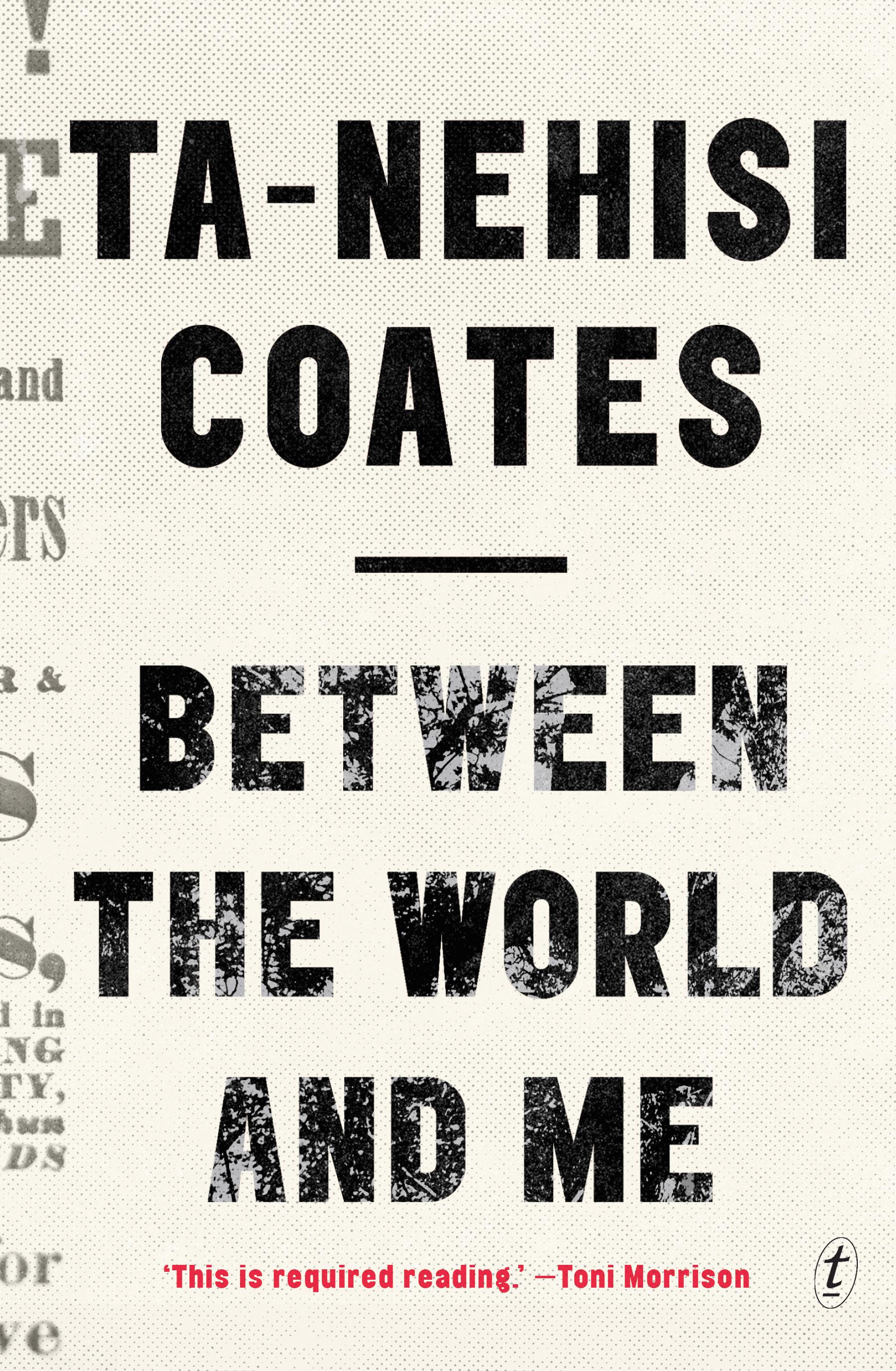Three thoughts about Ta-Nehisi Coates’ “Between the World and Me”:
• This is a relentlessly political book — how could it not be? — and yet attempts to respond to the book from within the typical left-right Democratic-Republican construct of punditry seem to be insufficient to me — they come to the book, as with other political debates, without curiosity, for the sake of trying to win an argument. Let’s try again. This is an American black man telling us how he perceives living as a black man in America today: It contains no policy prescriptions, no endorsement of party or candidate, no 10-point campaign for better living. We haven’t found the right way to talk about this book yet.
• Still: Coates is not untouchable. There ought to be ground with which you can disagree with him, even if you’re a white writer.
But attempts to rebut Coates — particularly by David Brooks and Rich Lowry — essentially try to tell Coates that he is wrong in his own perceptions of how his life (and the lives of those around him) are lived, as though they would have a better understanding of being a black man in America. Indeed, Lowry in particular seems to have a need to deny that incidents Coates experiences as racial discrimination are anything of the sort. He needs to be quoted at length:
I was surprised to find the worst thing that evidently happened to him directly at the hands of a white person is recounted beginning on page 93 of the 152-page book. Coates took his son to a movie theater on the Upper West Side of Manhattan, and when they were leaving and got off the crowded elevator, a white woman pushed his kid and said, “Come on!”
This would anger any parent and Coates got into it with the woman and a white man who came to her defense, pushing the guy in the resulting argument. Coates interprets this incident as essentially the telescoping of hundreds of years of racism down to “this woman pulling rank” and invoking her “right over the body of my son.”
Yeah, maybe. It’s also possible that the woman was a jerk (there are at least a couple of them on the Upper West Side) and would have pushed anyone’s kid.
This is the kind of quotidian insight that can’t really penetrate the closed moral universe of Between the World and Me: White people are rude to other white people all the time, especially in New York City.
Nothing more than simple rudeness! Except here’s the part of the incident that Lowry omits:
A white man standing nearby spoke up in her defense. I experienced this as his attempt to rescue the damsel from the beast. He had made no such attempt on behalf of my son. And he was now supported by other white people in the assembling crowd. The man came closer. He grew louder. He said, “I could have you arrested!”
I could have you arrested. For most of us, there’s a tinge to those words that restore the racial element Lowry omits. Even if you want to say that Coates is mistaken to do so, stop and consider for a moment why he might hear a racial threat in those words. Part of the problem with the responses to the book is a simple failure on the part of so many writers to think imaginatively or empathetically: How might the world look different if I were a black American man? Coates’ worldview doesn’t spring up out of a vacuum.
• Perhaps the failure of empathy comes because Coates’ project is so threatening. He doesn’t mean to congratulate America on how far it’s come, with respect to racial fairness, but for how far it’s fallen — and still falls short of its own ideals — and he does so because we hold ourselves out to be the Shining City on the Hill, the best place ever invented, a nation created out of ideals instead of tribes.
So he grades us against those ideals, instead of on the curve.
America believes itself exceptional, the greatest and noblest nation ever to exist, a lone champion standing between the white city of democracy and the terrorists, despots, barbarians, and other enemies of civilization. One cannot, at once, claim to be superhuman and then plead mortal error. I propose to take our countrymen’s claims of American exceptionalism seriously, which is to say I propose subjecting our country to an exceptional moral standard. This is difficult because there still exists, all around us, an apparatus urging us to accept American innocence at face value and not to inquire too much.
Do we deserve to be graded more gently, to have the words “shows progress” marked on the grade card somewhere? Perhaps. But we also need to hear from those who won’t grade us so kindly.
• BONUS THOUGHT: I’ve long considered Ta-Nehisi Coates a model — a man who has spent his adult years teach himself to write and think and to continuously study. I fall considerably short of that model, admittedly.
But. I’m not ready to leave this topic. It’s time to go back and do some reading I skipped as a younger man. So, my next reading selection is James Baldwin’s “The Fire Next Time.” Any other reading suggestions?


No comments:
Post a Comment